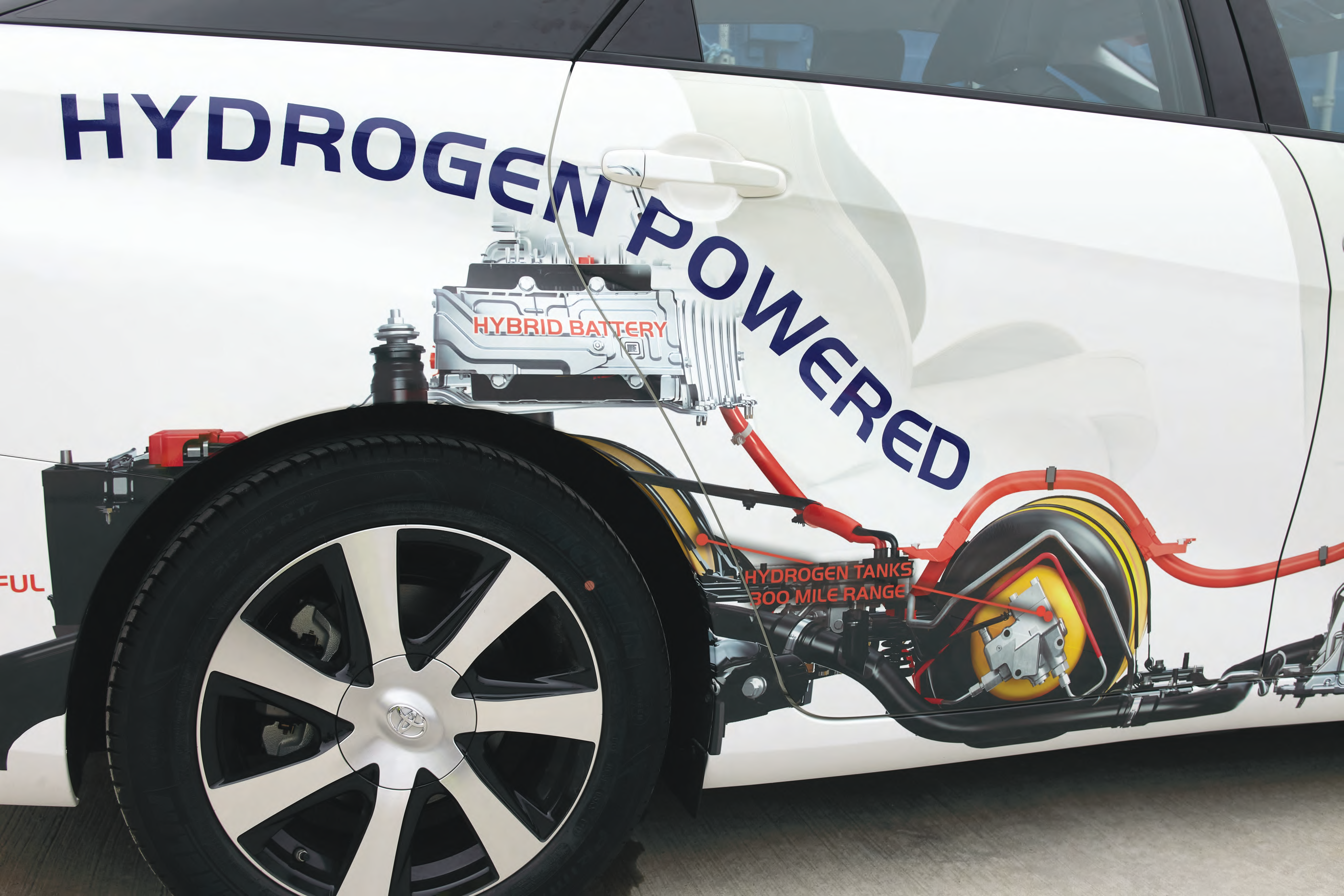Choose a different country or region to see the content specific to your location
Select Your Country/Region
Current Region:
 Global (EN)
Global (EN)
- Insights Center
- Driving Consumer Adoption in Hydrogen Mobility Market
Driving Consumer Adoption in Hydrogen Mobility Market

One of hydrogen mobility’s biggest barriers to widespread adoption is consumer awareness and education. Despite fuel cell electric vehicles (FCEVs) and hydrogen-powered technology being far from new, there are still several misconceptions and a lack of consumer information.
Top 3 Misconceptions About Fuel Cell Electric Vehicles
-
Short range
Consumers think they can’t travel as far in an EV as they can in a traditional gas-powered vehicle, but most of today’s EVs average 200 miles on a full charge. The Toyota Mirai, which is powered by hydrogen fuel cell technology, has an even higher range of 300 miles, making it more comparable to the highest mileage gas powered vehicles. -
Long recharge time
Refuelling an FCEV takes approximately 5 minutes. By contrast, there’s no simple answer to how long it takes to charge a BEV. There are many factors that influence the calculation, but a typical EVgo Level 2 charging station takes 4 hours to charge an eletrical vehicle battery to gain 80 miles of range. -
EV technology is the only choice:
Today’s EVs are an affordable option in the US and states such as California support the growth with robust EV infrastructures and state-wide energy policies. But battery and hybrid EVs will not be the only choice available on the market. FCEVs will reach the mainstream market as Toyota is scaling up production of the 2021 Mirai from 3,000 to 30,000. FCEV infrastructure isn’t far behind, in fact the California Fuel Cell Partnership has outlined targets for 1,000,000 FCEVs and 1,000 hydrogen refuelling stations by 2030.
Though hydrogen mobility still faces other challenges, addressing consumers’ apprehensions is one of the biggest hurdles to overcome. Many automotive manufacturers have teamed up with hydrogen refuelling and infrastructure developers, alternative energy suppliers, local and state government, and fleet and car-sharing companies to help show consumers the viability of refuelling technology. Toyota, for example, has driven exposure of their Mirai through a number of global partnerships with organizations. Several of these organizations have adopted a Mirai for business use, promoting emission-free driving with every mile they cover.
Haskel's Hydrogen Systems Group joined that list of organizations in August 2020, adding a Toyota Mirai saloon to their fleet. The vehicle, which is powered by electricity generated on-board by a fuel cell stack will allow Haskel to show consumers a complete picture of hydrogen fuel cell technology at work, as well as reduce its environmental footprint while raising the visibility of FCEVs.
The company welcome people who are interested in learning more about hydrogen fueling technology to come see its fully operational hydrogen refuelling station, Geno. With the Mirai added to their fleet, Haskel will be able to demonstrate the functionality of hydrogen refuelling infrastructure and the simplicity of vehicle refuelling.
The launch of the Hydrogen Systems Group's more compact, plug-and-play hydrogen refuelling station, Nano, is another opportunity to drive consumer adoption. The new station is aimed at small fleet customers and is an ideal solution for industrial environments and office buildings looking to offer hydrogen refuelling.
With hydrogen infrastructure growing and more automakers – Jeep being one of the newest – expanding their line-ups to include BEVs and FCEVs, consumer adoption will be a critical step in the market’s success in the coming years. The COVID-19 shutdowns gave consumers and businesses a glimpse of how much air quality can improve with reduced emissions. We will be keeping a close watch on how that glimpse into a greener environment shapes the future adoption of hydrogen technology.